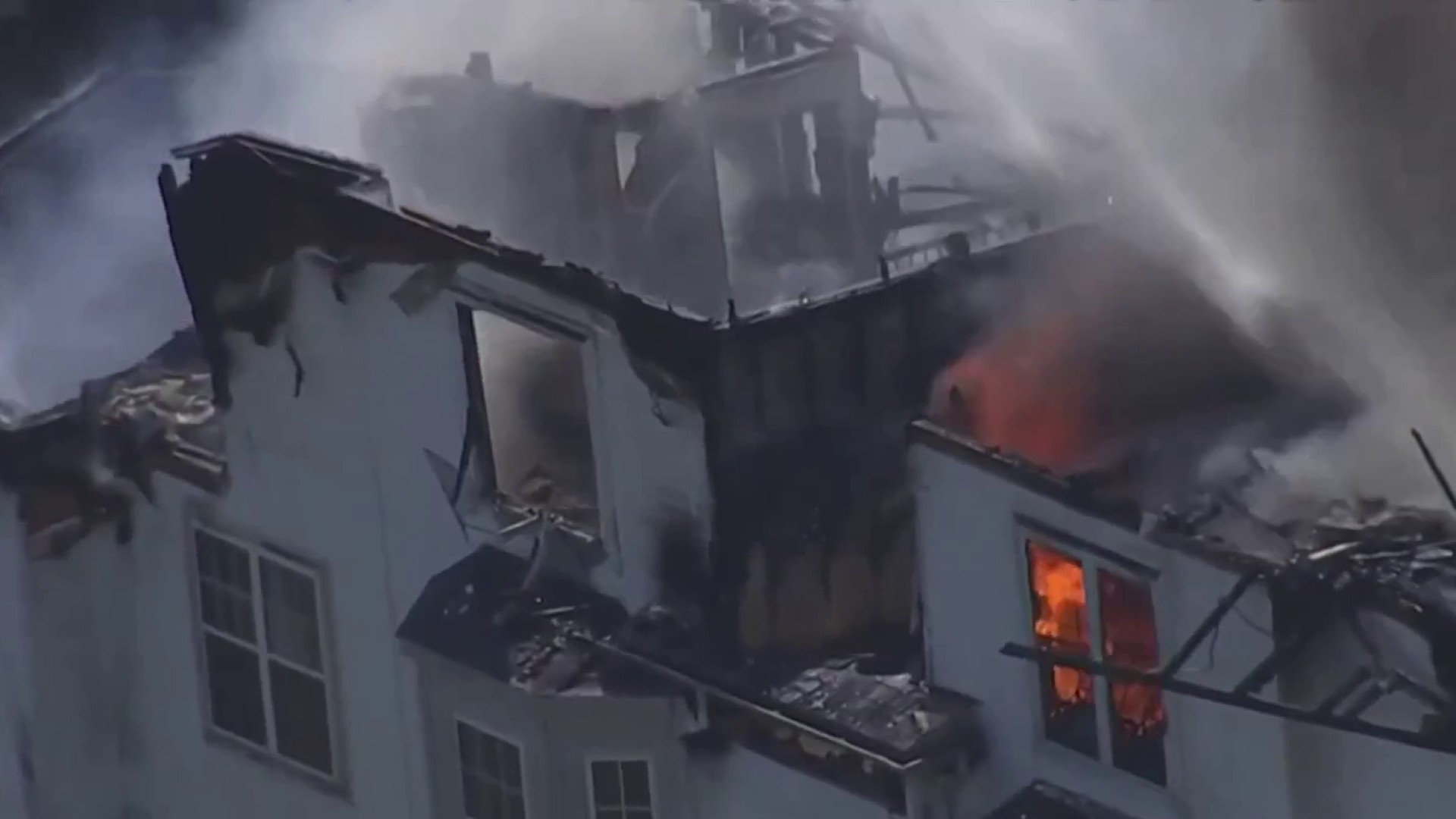More than 40 inmates in jails and prisons in the Washington, D.C. area have died by suicide in custody since 2014, according to an investigation by the News4 I-Team.
Records obtained from correctional agencies in D.C., Virginia and Maryland under the Freedom of Information Act show 400 other inmates attempted suicide since 2014, many of whom were saved by correctional officers and jail staff.
The I-Team’s findings show an ongoing mental health crisis in local jails, correctional officials say. They also show the importance of mental health training, CPR and other life-saving techniques among local correctional officers, those officials said.
In late 2017, at least three inmates were rescued from suicide attempts by correctional officers at the Montgomery County correctional facility in Boyds, county records show.
“America’s jails and prisons have become mental health facilities,” said Montgomery County Department of Corrections and Rehabilitation Director Robert Green. “When someone is intent on harming themselves, it’s our job [to intervene].”
“Private Kendale Graves and Corporal Norman Pyles saved an inmate who’d attempted to hang himself. Graves cut the inmate down. Pyles helped perform CPR," Green said.
Pyles said, “Once I stopped giving 30 compressions, [the inmate] started breathing. When he started breathing, [the situation] became a lot calmer.”
Local
Washington, D.C., Maryland and Virginia local news, events and information
In another recent incident, correctional Officer Andrew Martin caught a suicidal inmate who had jumped from an upper level fence.
“The only thing that hit the floor were his feet,” Martin said. “There were so many ways that could have gone wrong for me and for him. I’m glad it worked out exactly the way that it did.”
In a pair of incidents, Montgomery County correctional officers saved inmates who had attempted to choke themselves in their cells, including one who tried to strangle herself with the cord of her headphones. Officers Katherine Bower and Stephen Fultz said the woman was blue in the face when they found her and saved her.
“These people have issues, and we’re dealing with them,” Bower said. “And we’re talking to them on a daily basis.”
Montgomery County’s Department of Corrections and Rehabilitation said it uses a strategy of direct supervision, in which jails are constructed to provide better sightlines and closer access to inmates by officers.
The I-Team obtained records from the Maryland Department of Public Safety and Correctional Services, Montgomery County, Prince George’s County, St. Mary’s County and Charles County in Maryland. They also received records from the Virginia Department of Corrections, Fairfax County Corrections and the D.C. Department of Corrections.
These records showed nearly 400 suicide attempts since the beginning of 2014. There were 16 suicides each in that same frame in Maryland state prisons and Virginia state prisons. There were four suicides in the D.C. jail, and two each in Prince George’s and Charles counties.
In early July, a 35-year-old man killed himself at Montgomery County’s correctional facility days after being convicted of a homicide.
Correctional officials in D.C., Virginia and Maryland said they are taking steps to help equip correctional officers to better detect and stop inmates from attempting suicide.
“We have inmate suicide observation aides,” Maryland Department of Public Safety and Correctional Services spokesman Gerry Shields said. “Inmates get paid to monitor those on suicide watch. They sit outside their cells and record all activity. The inmates take a class and must pass a test to be an observation aide.”
A D.C. Department of Corrections spokeswoman said the agency has created suicide-resistant cells, which have fewer chokepoints along walls.
“[The agency] provides mandatory mental health and suicide prevention training to all staff, including officer recruits, in a pre-service training, as well as to all staff in annual in-service, required by all employees,” she said.
A Virginia state corrections spokesman said staff members attend yearly mental health training programs.
“One of our best practices is our Corrections Crisis Intervention Team training, which teaches basic to advanced de-escalation skills to security staff,” he said. “This is a 40-hour program that trains officers to specifically respond to offenders in mental health crisis.”



